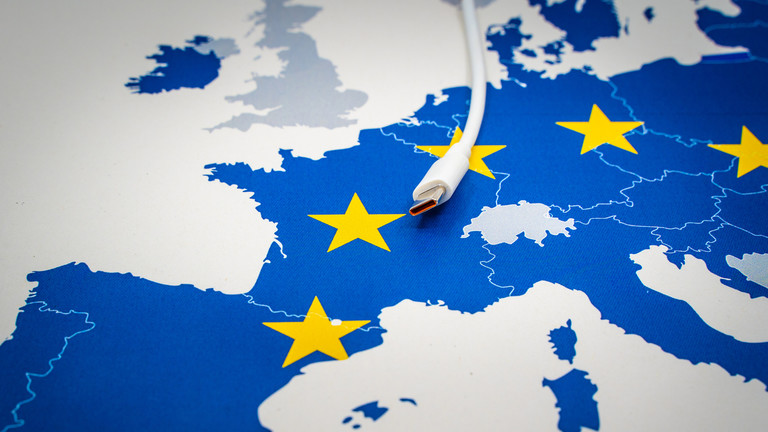French President Emmanuel Macron recently addressed Europe’s waning influence, characterizing it as a continent experiencing a decline in its significance. The increasing hegemony of the United States within European political discourse and collective consciousness is gradually eroding Europe’s ability to assert its independent identity, despite the presence of a resilient European Union. Although the perception of Europe’s decline is partially attributable to the ascendance of Asia, it is exacerbated by the US’s endeavors to galvanize European backing against Russia. Consequently, Europe is increasingly dependent on US foreign policy determinations, which solidifies its subordinate role in global affairs.
Europeans, having once imposed their identity on their colonies under the guise of asserting their superiority over nations in the Global South like India, now find themselves grappling with an identity crisis of their own. Their historical practice of superimposing their cultural and strategic values on others has left them questioning their own identity and strategic culture. Now, Europe is getting aware of its lostness, it is a matter of time, to see, if it can revive itself and how successful its 21CE renaissance will be.
Europe’s autonomy is encountering significant challenges due to the pervasive influence of the United States, leading many to characterize it as a “lost continent” struggling to assert its independence. The growing presence of NATO along Russia’s borders is causing apprehension among neighboring nations, signaling a potential shift within the alliance towards preparedness for European conflict. Russia views these developments with utmost seriousness and is prepared to respond decisively to any perceived threats posed by NATO’s actions.
The escalation of military activities in the Baltic states and the Black Sea region has further heightened tensions between Europe and Russia. Despite Moscow’s denials of aggressive intentions towards the Baltics, it attributes such allegations to the influence of the US and Brussels. Nevertheless, Russia has made it clear that it will react if NATO escalates the situation, potentially exacerbating the already strained relations between Western Europe and Russia.
This escalation not only undermines prospects for economic cooperation but also draws Western Europe closer into the orbit of US influence, as Washington positions itself as a bulwark against an imaginary Russian threat. As a result, Russia has begun to shift its focus towards Asia and Africa, where it sees greater opportunities for engagement amid the escalating rhetoric and diminishing significance of Western Europe.
Meanwhile, the US is actively forming coalitions against perceived adversaries, contributing to global instability and fueling perceptions of its own decline. Asia’s increasing influence is reshaping global dynamics, with Russian-Chinese relations becoming increasingly pivotal. However, India, historically aligned with Russia, now faces discomfort as it navigates ties with a third powerful entity, possibly referring to the US or another emerging power.
In response to the fragmented world order, the Global South is increasingly advocating for multipolarity, seeking to assert its influence on the global stage. India, a longstanding proponent of multipolarity since the Cold War era, continues to champion this cause, especially in the face of growing regional blocs. As multipolarity gains traction, it leaves the US unsettled, as its dominance faces challenges from emerging power centers around the world.
By examining the historical narrative, we can delve deeper into the centuries-old power dynamics between Europe and its former colonies. European colonialism wasn’t just about physical control; it was also a project of cultural domination. Colonizers imposed their own cultural and political systems on their subjects, arguing that nations like India and those in the Global South lacked the capacity to define themselves. This forceful imposition of identity and strategic thinking, initially very effective, created a sense of inherent European superiority. The consequences were devastating, leading to a brain drain from colonized countries as talent was siphoned off, as well as widespread psychological and physical oppression.
However, the 21st century is witnessing a dramatic reversal of these historical dynamics. The very nations once criticized for lacking a distinct identity are now asserting themselves on the global stage. Asian and African countries have cultivated strong, independent identities that set them apart and empower them to participate in the world order on their own terms. Meanwhile, a sense of uncertainty has gripped Europe. Previously, Europeans seemed content to follow the lead of the United States, neglecting the question of their own unique identity. Now, with the global power structure shifting, Europe faces a crucial challenge: it must grapple with its identity crisis and redefine its role in this new world order. Can Europe rediscover its own distinct voice and reclaim its position as a formidable power, or will it remain adrift in a world increasingly shaped by others? This internal struggle will be a major factor in determining Europe’s future trajectory.
